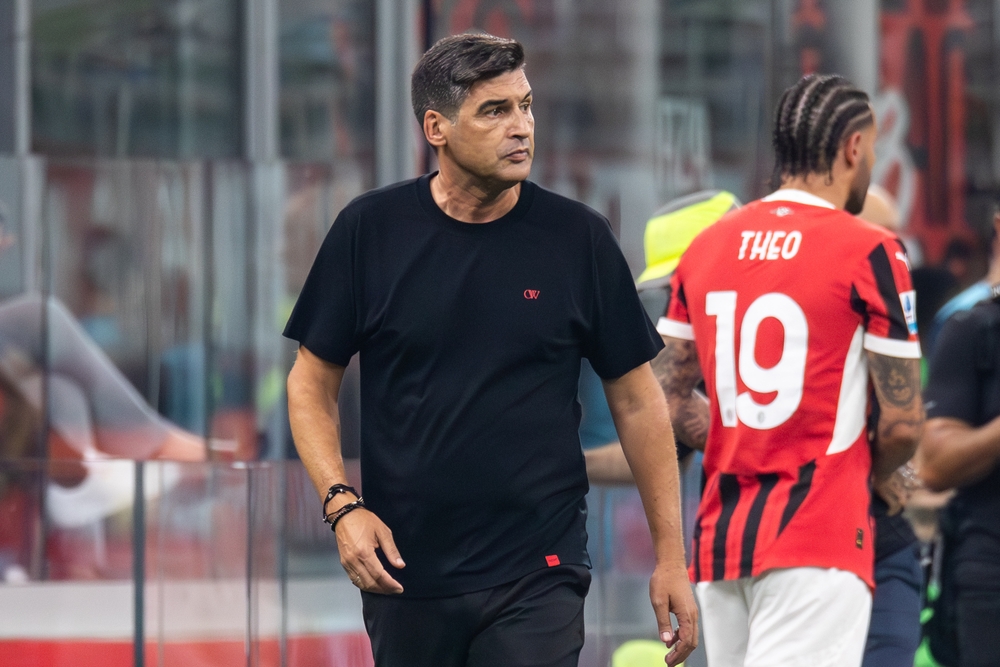In finishing, it takes the same elegance as in beginning. I was told this when I was a young executive, and I always tried to apply this rule, even if they never applied it with me afterwards. Let’s face it: I have had more successes than failures in life, on the whole, but that dimension that is pompously called exit strategy has always been close to my heart. It applies in all fields, even in the rich, media-driven field of soccer.
Speaking of wealth, many of our big clubs are now in the hands of American funds. How many pieces have been written on the grandstand of San Siro, Moratti and Berlusconi, styles and families compared. In little more than a decade their place has been taken, today, by RedBird and Oaktree, after having been passed by Chinese, Thai and the odd Italian. Let us say, again for the sake of clarity, that Milan’s is a somewhat more tribulated story and that, while Inter is in the hands of a super-manager like Marotta, in the Rossoneri everyone and no one is in charge: from patron Cardinale, to president Scaroni, to CEO Furlani, and finally to consultant Ibra, as great on the field as he is modest and obnoxious as a manager, someone who compares himself to God or a boss and then punctures the minimal liturgies of attendance and absence.
In short, last night Fonseca was exonerated quickly and abruptly, with news circulating while he was on the bench against Roma. Bad game, bad tie, bad team, fan booing for everyone, especially the Americans (go away) and poor Paulo-not Dybala, that one scored-who gets sent off and waves goodbye to San Siro from the locker room. Then he is sent to the conference to talk about the game but not about his fate. Late in the evening, leaving the stadium, he confirms to reporters that he is out of Milan, as written by way of fate’s warning on his black T-shirt. In his place Conceicao, another Portuguese; better or worse, it does not matter here, it is precisely the exit strategy that interests. A disaster, for a coach who has his faults but not all the faults.
After all, Cardinale had also been brutal with Maldini, who, however, had won a scudetto and was an AC Milan flag with plenty of family storytelling. But isn’t it that these Americans, as they say at the infamous Bar Sport, are good at business but understand nothing about soccer? Mah…they certainly understand little about style.
The article It takes strategy even for exit comes from TheNewyorker.

